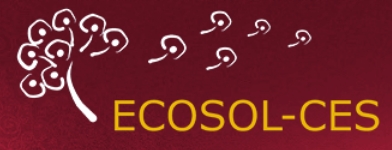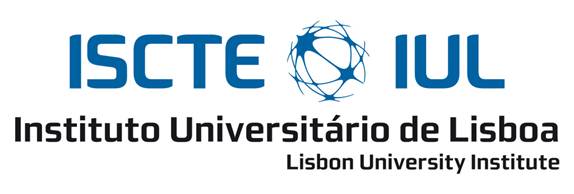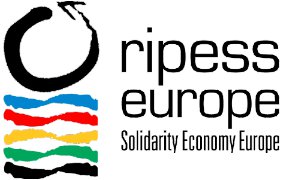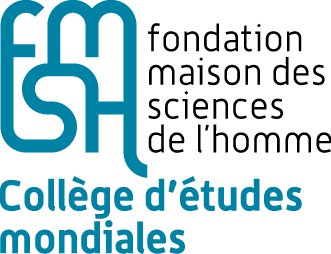The concept of Solidarity Economy is consolidated in many countries, especially in Latin America, as describing a field of citizen-led social transformation and political action. In many parts of the world, experiences have been strengthened by associated work, by the collective ownership of productive assets, by shared management and by solidarity - understood here as reciprocity in the distribution of goods and opportunities.
In spite of this context, the term Solidarity Economy still constitutes a recent designation and is little used in Portugal and in several countries of Europe. In a generic sense, it can be said that it refers to the set of collective economic arrangements of production, consumption, trading, and credit, in rural or urban areas, as well as social reproduction and well-being managed by the citizens themselves and inspired by the principles of self-management, solidarity, and cooperation.
Understood in a reductive way by some writers as an economy of social insertion - linked, therefore, to the situation of structural unemployment and crisis contexts - Solidarity Economy is often presented alongside the Social Economy. The latter is a term that usually means the universe of cooperatives, associations and mutual societies and other terms such as third sector, social enterprise and social entrepreneurship. The Solidarity Economy concept is attentive to the non-institutionalized forms of cooperation among citizens, who seek to collectively organize space and economy for the strengthening of their rights and emancipation. Within the framework of the Solidarity Economy, these experiences of associated work and of reciprocal help allow gathering in an equitable and non-hierarchical way diverse knowledge - urban, popular, peasant. Initiatives that seek a direct relationship between producers and consumers, which stimulate the exchange of goods and knowledge, which strengthen the relationship between neighbors and which are based on proposals for critical consumption and solidarity are multiplying. These community experiences exist in several European countries with the same names or with different denominations, showing that there are common points between the experiences of Solidarity Economy in Europe.
In this Summer School, it is intended to explore precisely the common points and the differences between what has been happening in Southern Europe and other countries of the European continent, in order to highlight the multiplicity and diversity of silenced economic experiences, namely those that are carried out by groups of citizens. It also seeks to reflect on the possibility of building a more intense and permanent dialogue agenda among researchers and activists from different countries, in order to build a greater visibility for the Solidarity Economy.
This Summer School takes place as one of the 1st events of the international platform SERESI (Solidarity Economy, Reciprocity and Social Innovation).





.png)


